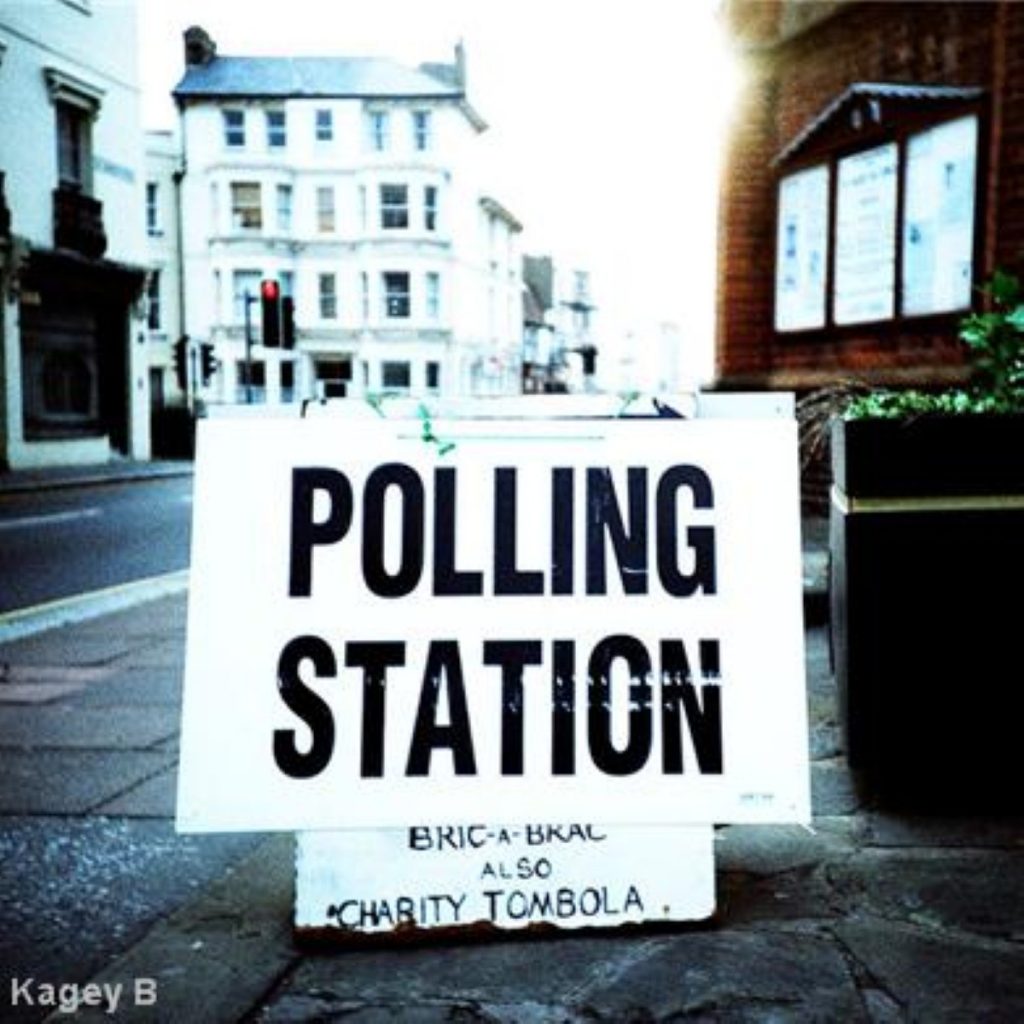General elections ‘need more central control’
By Phil ScullionFollow @PhilScullion
More central coordination of general elections is the best way to avoid a repeat of the queues seen at polling stations in 2010, the chair of the Electoral Commission has said.
Jenny Watson, chair since January 2009, called for the increase in centralisation in a speech delivered to the Constitution Unit.
Reflecting on the experience of the May 5th referendum, Ms Watson said: "Consistency and assurances about the quality of electoral administration was achieved through my directions and performance monitoring.


"I can’t see any good reason why that level of consistency for voters would not also be desirable at elections.
"I don't think we can go back to what we did before. We know now that monitoring preparations before the polls can identify problems before they affect voters," she added.
Ms Watson also suggested that a new set of rules on elections and referenda should be put in place to ensure any problems are ironed out before the next referendum is announced. This is intended to prevent the issues surrounding a particular referendum from influencing the way the rules are structured.
"Of course, legislation to provide a better electoral and referendum process is never likely to be a political priority, it won't be the subject of radio phone-ins, broadsheet op-eds or a tabloid front page campaign but that doesn't mean it isn't important. It is time this issue was properly and widely debated," she concluded.
In the aftermath of the 2010 poll, which saw polling stations across the country caught out by a late surge of voters, Ms Watson was broadly criticised in the media over her performance. David Dimbleby, the BBC's election night anchor, had described the events as tantamount to a "third world" ballot.
However Ms Watson rejected criticism, saying that election law needed to be changed and blaming a system which she described as reminiscent of the Victorian era.









